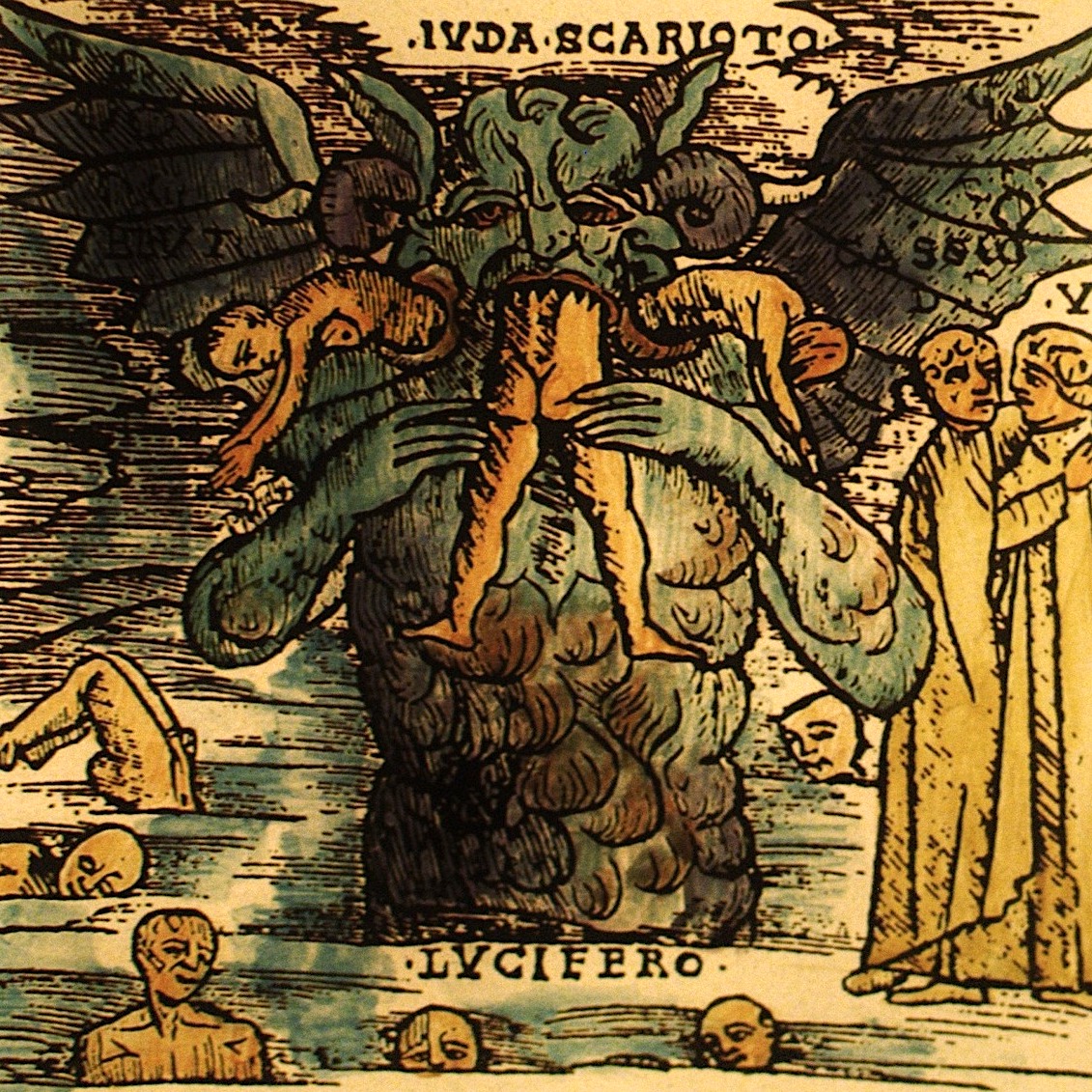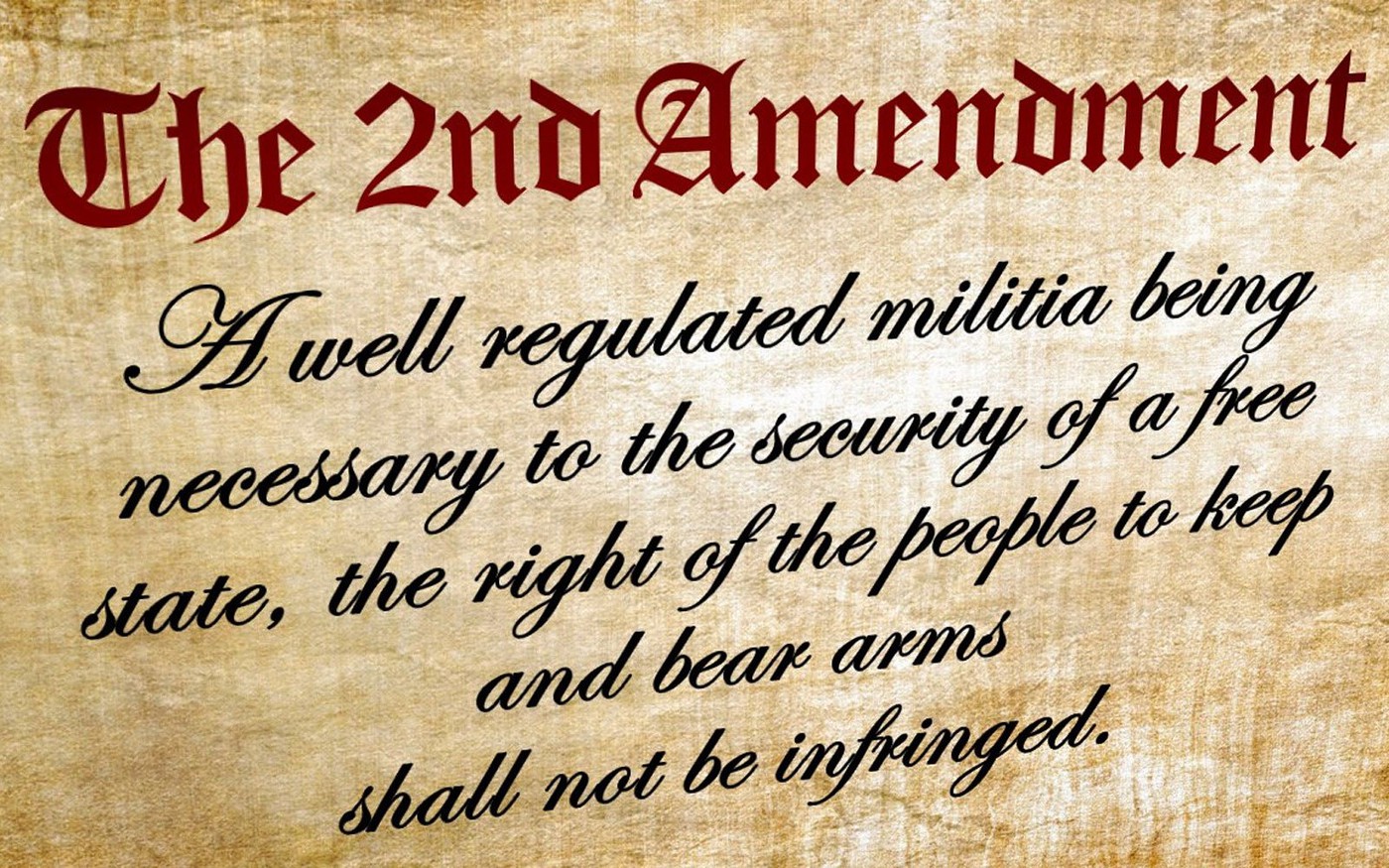and another view

Posted on 09/18/2025 12:13:14 PM PDT by from occupied ga
Last week, the Hawaii Supreme Court ruled that its state constitution does not protect an individual right to keep and bear arms — even though Article I, Section 17, of the Hawaii Constitution is virtually identical to the Second Amendment to the U.S. Constitution.
Among other things, the Hawaii court offered a pointed — and colorful — repudiation of the U.S. Supreme Court’s reliance on history and tradition in interpreting the Second Amendment. Quoting the TV show The Wire, the Hawaii Supreme Court observed, “The thing about the old days, they the old days.”
The case, State v. Wilson, came out of a challenge to a series of Hawaii laws that bar the public from carrying firearms without a license. There’s a lot to say about the court’s reasoning (and you should definitely read the whole thing), but here are some highlights.
First, the court both used history and critiqued its application in constitutional interpretation. One of the things I find most interesting about state constitutional law is that state courts are free to devise their own methods of interpretation, making them significant sites for experimentation and critique of prevalent federal methods.
And the Hawaii court certainly didn’t hold back from critiquing the U.S. Supreme Court’s current approach to gun cases. Not only has the Court “distort[ed] and cherry-pick[ed] historical evidence” in order to find an individual right to bear arms under the Second Amendment, the state court argued, but in the 2022 Bruen case the U.S. Supreme Court “scrap[ped] the traditional techniques used by federal and state courts to review” gun laws in favor of “a fuzzy ‘history and traditions’ test.”
This isn’t something judges are well-equipped to do, argued the Hawaii court. “Judges are not historians. Excavating 18th and 19th century experiences to figure out how old times control 21st century life is not a judge’s forte.” Nor should history be seen as the only relevant consideration, the court contended. “History is messy. It’s not straightforward or fair.”
For its own part, the Hawaii court still looked to history as useful — but “not the end all.” Among other things, the court focused on a close textual analysis of Article 1, Section 17, to conclude that the Hawaii Constitution protects a collective right related to military service, not an individual right. Its sources included founding-era dictionaries, the operative interpretation of the Second Amendment at the time the Hawaii Constitution was ratified in the 1950s, and Hawaii convention records. It also made comparisons to other state constitutions that explicitly provide for individual gun rights. The court also considered Hawaii’s own historical tradition: “Throughout its history as a sovereign nation and as a Territory, Hawaii regulated deadly weapons.”
In addition to its critique of SCOTUS, the Wilson decision is significant for a second reason: the court’s embrace of a “primacy” approach to interpreting the Hawaii Constitution. In other words, if a litigant is raising both federal and state constitutional claims, the court will interpret the Hawaii Constitution and only reach the federal claim if the state constitution doesn’t resolve the issue. Now I admit this might not seem earthshaking, but it could matter quite a bit for the development of state constitutional law by encouraging courts to focus on state constitutional questions and not punt to federal law as the default.
Indeed, Wilson illustrates why primacy can be significant. In addition to raising state constitutional objections to Hawaii’s gun laws, the defendant also had a claim under the Second Amendment. The court ultimately rejected this claim under existing federal doctrine, but only after providing an exhaustive analysis of what the Hawaii Constitution had to say on the matter. To date, only a handful of state courts have adopted this primacy approach. (As I wrote last October, New Mexico might be next.) A trend of more states embracing primacy is potentially a very big deal.
The last thing I’ll flag was the court’s analysis of Hawaii’s own traditions — what it described as “the Aloha spirit,” which “inspires constitutional interpretation” in the state. Something I didn’t expect before I started reading a lot of state constitutional decisions was how many of them are deeply grounded in the local context, even when courts are interpreting state analogues to federal law. States have their own histories, traditions, and cultures, and courts often draw on them as an important part of interpreting their own constitutions.
Alicia Bannon is editor in chief for State Court Report. She is also director of the Judiciary Program at the Brennan Center for Justice.
Suggested Citation: Alicia Bannon, The Spirit of Aloha vs. the Second Amendment, Sᴛᴀᴛᴇ Cᴏᴜʀᴛ Rᴇᴘᴏʀᴛ (Feb. 14, 2024), https://statecourtreport.org/our-work/analysis-opinion/spirit-aloha-vs-second-amendment.
and another view

It would be nice to see those Lefty gasbags dancing in a line on a gibbet.
I live in Hawaii. No choice. I hate the attitudes here. Aloha only works with natives and some locals, but they still claim it. It’s been gone a long time now.
I wish the feds would shut off the money supply and shut this place down. They hate businesses, working, and have turned paradise into a homeless, lawless cesspool.
I’d leave if I could.
Sorry to hear that you’re stuck there. I visited twice and came to the conclusion that HI is in my list of places I never want to live along with CA, NY, MA, NJ, CT, IL, DE and RI.
The state of Hawaii is a misnomer.
It should be the state of Oahu Democrats.
There is no Aloha here,
just Democrats hate of freedom.
My wife lives and has a home in Hawaii
and I very frequently visit.
For tax reasons I’m a resident of WA state.
Hawaii taxes you to DEATH!
Retirees like me can’t afford the loss of
personal freedoms and money the government
of Oahu takes from us.
How do you think a retiree can have two
homes? That is due to me taking care of me
and not giving all my money to Oahu Democrats!
If a person is denied their legal or natural right, should that be justification for one to respond with serious physical conflict, even death, when such denial can cause you extreme harm or death?
Hawaii regulated deadly weapons.
So you what? Collected spears and war clubs after every battle? Me no tinka so...
Regarding the constitutional matter...Didn't we settle this in 1865? Their state constitution does not override the Federal regarding the bill of rights. The US Constitution's Second Amendment is crystal clear. 'Shall not be infringed...'. There is no wiggle room. There is no alternate interpretation...and there is certainly no state that can choose which of the amendments they follow and which they do not. The SCOTUS will rip them a new hole in short order.
Agreed.
I use to live on Oahu and then Kauai. Aloha is an invented fakery for tourism. It’s like any other place. Kauai wasn’t so bad but Oahu had the locals attitude of Hells Kitchen with a nicer view.
I think the signers of the Declaration of Independence could and did answer that in 1776.
This Judge is an idiot. The 2nd Amendment applies to ALL States through the 14th Amendment. Abrogation of the 2nd by Hawaiian state courts is a deprivation of civil rights under color of law and majorly compensable.
I keep waiting for the supremes to squash the state court, but it hasn’t happened yet.
Good for you keeping as much of the fruits of your labor as you can. I wondered if Hawaii doesn’t want to follow the US constitution, then they should go independent - get rid of federal representation and forgo all the welfare money and other sums that the mainland taxpayers pour into their islands. Or maybe become part of Japan. The Japanese wanted them 85 years ago I wonder if the could be tricked into taking them now (except for the military bases).
I looked up the federal money spent in Hawaii ($18,281,000,000 in 2024) and the federal income tax collected from Hawaii in 2024 ($11,402,000,000) and noticed that Hawaii got a little less than $7 billion for being a state, but they don’t want to fulfill their obligations to uphold the US constitution. I suggest that federal funds be withheld utile that recognize that they are either part of the USA and follow US constitution or are not, in which case they don’t have to follow the constitution, but don’t get any money from the rest of us either.
You are entirely correct. I’ve argued to friend and foe alike for decades that the states play no role in a Federally guaranteed right because of Federal supremacy. The social contract that is struck between free people with god given rights like self defense and any government that promises to protect them in exchange for loyalty and the common good cannot be intervened with by inferior governments. These inferior governments recognized this relationship when they joined the Union.
I’m a Conservative white man and a minority in Hawaii.
A state ruled by Democrats much as the Germans ruled Europe.
Few freedoms and an overpowering Government run by the racially “Pure”.
I don’t think Japan wants anything to do with Hawaii, other than to vacation here.
Asian vacationers here are a real Hoot!
Our Locals aren’t to smart and they are definitely dangerous.
Hopefully us Ha-oles can keep them in check.


This Ping List is for all news pertaining to infringes upon or victories for the 2nd Amendment.
FReepmail me if you want to be added to or deleted from this Ping List.
More 2nd Amendment related articles on FR's Bang List.
A high school friend of mine (this was a long time ago) was a military brat in Hawaii before I knew him. He had stories of running from, sometimes getting beaten up by, the locals. And he was a pretty tough dude himself.
The Hawaiians being down on haoles is *not* a new thing, I knew the word from him from back then.
Disclaimer: Opinions posted on Free Republic are those of the individual posters and do not necessarily represent the opinion of Free Republic or its management. All materials posted herein are protected by copyright law and the exemption for fair use of copyrighted works.